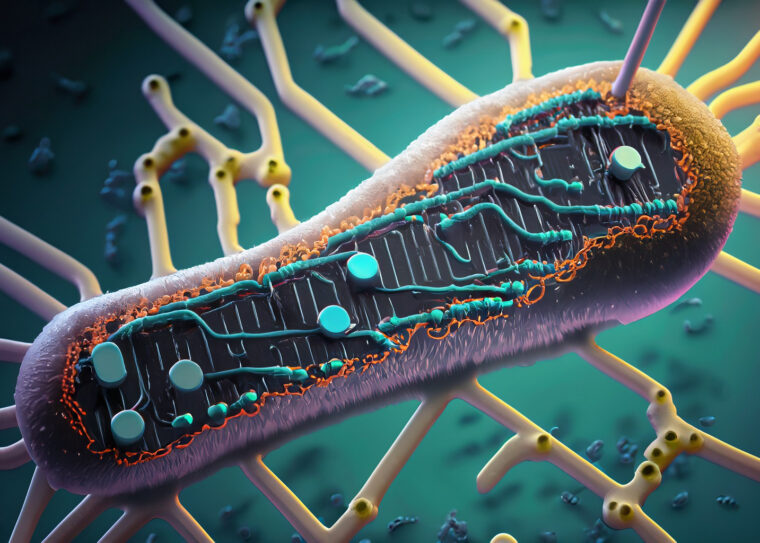
The intricate interplay of gene expression within living cells is akin to a well-orchestrated symphony, with each gene playing its part in perfect harmony to ensure cells function as they should.
At the heart of this symphony are transcription factors (TFs), molecular maestros that regulate the expression of genes by binding to specific DNA sequences known as promoters. Unlocking the secrets of these genome-scale regulatory networks requires a comprehensive collection of gene expression profiles, but measuring gene expression responses for every TF and promoter pair has posed a formidable challenge due to the sheer number of potential combinations, even in relatively simple organisms such as bacteria.

To tackle this challenge, researchers led by Fuzhong Zhang, a professor of energy, environmental and chemical engineering at the McKelvey School of Engineering at Washington University in St. Louis, developed a technique called pooled promoter responses to TF perturbation sequencing (PPTP-seq).
PPTP-seq integrates CRISPR gene editing with a combinatorial library containing every known TF in the target genome and corresponding promoters. The groundbreaking technique allows scientists to examine gene regulation by hundreds of TFs acting on thousands of promoters in a single experiment, which takes about two weeks to complete and produces easily processable data.
In a study published Sept. 16 in Nature Communications, first author Yichao Han, who earned a doctorate in environmental engineering in 2023 while working in Zhang's lab, used PPTP-seq to systematically explore the activity of 1,372 E. coli promoters when subjected to perturbation of each of the 183 TFs. This single experiment provided insight into more than 200,000 potential TF-promoter interactions, painting a comprehensive picture of E. coli's regulatory landscape, revealing novel regulatory responses and setting the stage for future genetic exploration.






